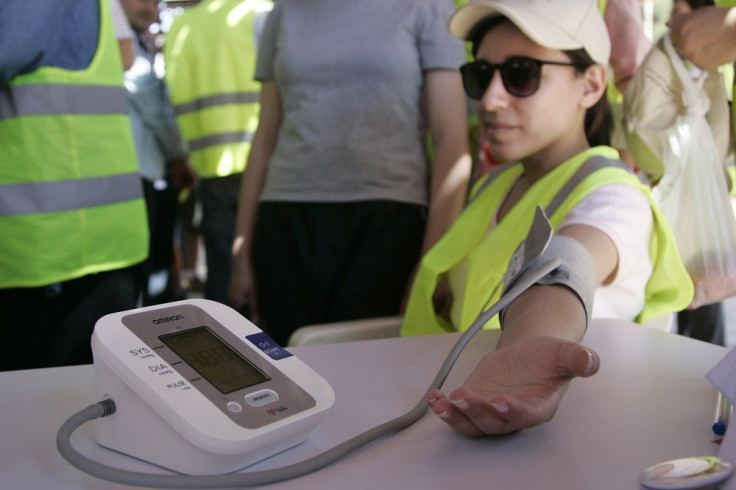Aussie study discovers stimulating immune system as likely cause of hypertension

A study by Australian researchers discovered the cause and how to reverse hypertension, the cardiovascular ailment that affects more than four million Aussies. The research, published on Wednesday in the journal Hypertension, was presented this week at European Congress of Immunology, an international scientific gathering in Vienna, Austria.
The study, led by Grant Drummond, associate professor of Monash University’s Biomedicine Discovery Institute, found that in animal models, hypertension could be caused by stimulating the immune system. By dampening the immune response, blood pressure is restored to normal levels, reports Healthcanal.
Drummond explains that B cells, a certain type of immune cells, produce an excess of antibodies as response to factors such as stress or high amount of salt intake. The antibodies lodge in blood vessels which become stiffened and scarred, the characteristics of hypertension. His co-authors are Christopher Chan and Chris Sobey from the same institute.
High blood pressure places a person at higher risk of heart attack, kidney failure or stroke. Hypertension is linked with lifestyle factors such as obesity, high stress and poor diet, explains ABC.
Drummond points out, “Hypertension is actually the single more important biomedical risk factor as a cause of death and disability worldwide.”
When the researchers bred mice without mature B cells, the mice had protection from developing hypertension. When they blocked the activity of B cells in normal mice, its blood pressure returned to normal and cured it of hypertension.
Drummond said that the finding could help people with hypertension who do not respond to conventional drug therapies. He cited drugs such as Rituximab – used clinically to treat rheumatoid arthritis and other autoimmune diseases – that target the immune system as treatment for serious cases of hypertension.
Contact the writer at feedback@ibtimes.com.au or tell us what you think below





















